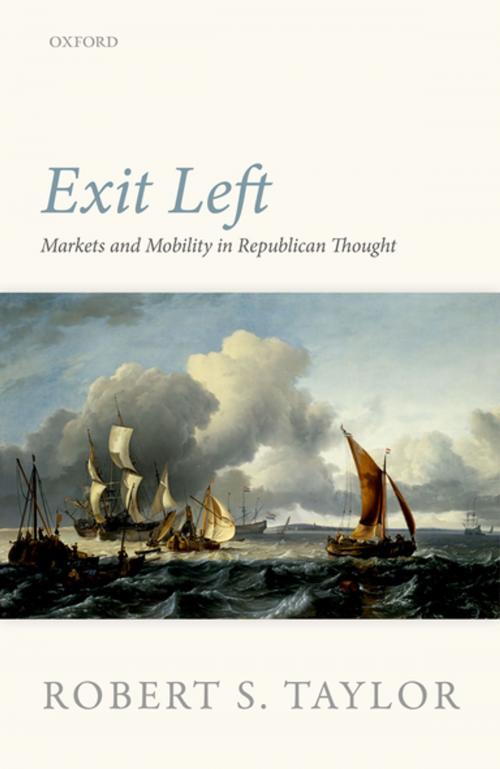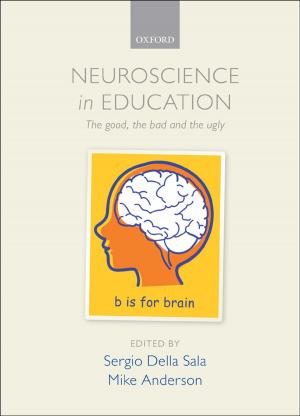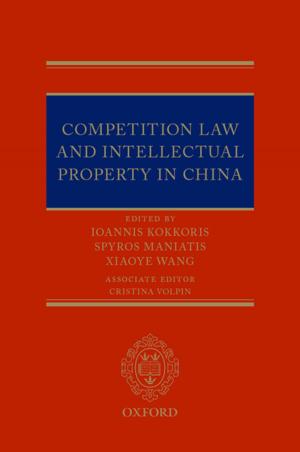Exit Left
Markets and Mobility in Republican Thought
Nonfiction, Social & Cultural Studies, Political Science, Government, Democracy, Religion & Spirituality, Philosophy| Author: | Robert S. Taylor | ISBN: | 9780192519672 |
| Publisher: | OUP Oxford | Publication: | March 9, 2017 |
| Imprint: | OUP Oxford | Language: | English |
| Author: | Robert S. Taylor |
| ISBN: | 9780192519672 |
| Publisher: | OUP Oxford |
| Publication: | March 9, 2017 |
| Imprint: | OUP Oxford |
| Language: | English |
How can citizens best protect themselves from the arbitrary power of abusive spouses, tyrannical bosses, and corrupt politicians? Exit Left makes the case that in each of these three spheres the answer is the same: exit. By promoting open and competitive markets and providing the information and financial resources necessary to enable exit, the book argues that this can empower people's voices and offer them an escape from abuse and exploitation. This will advance a conception of freedom, viz. freedom as non-domination (FND), which is central to contemporary republican thought. Neo-republicans have typically promoted FND through constitutional means (separation of powers, judicial review, the rule of law, and federalism) and participatory ones (democratic elections and oversight), but this book focuses on economic means, ones that have been neglected by contemporary republicans but were commonly invoked in the older, commercial-republican tradition of Alexander Hamilton, Immanuel Kant, and Adam Smith. Just as Philip Pettit and other neo-republicans have revived and revised classical republicanism, so this book will do the same for commercial republicanism. This revival will enlarge republican practice by encouraging greater use of market mechanisms, even as it hews closely to existing republican theory.
How can citizens best protect themselves from the arbitrary power of abusive spouses, tyrannical bosses, and corrupt politicians? Exit Left makes the case that in each of these three spheres the answer is the same: exit. By promoting open and competitive markets and providing the information and financial resources necessary to enable exit, the book argues that this can empower people's voices and offer them an escape from abuse and exploitation. This will advance a conception of freedom, viz. freedom as non-domination (FND), which is central to contemporary republican thought. Neo-republicans have typically promoted FND through constitutional means (separation of powers, judicial review, the rule of law, and federalism) and participatory ones (democratic elections and oversight), but this book focuses on economic means, ones that have been neglected by contemporary republicans but were commonly invoked in the older, commercial-republican tradition of Alexander Hamilton, Immanuel Kant, and Adam Smith. Just as Philip Pettit and other neo-republicans have revived and revised classical republicanism, so this book will do the same for commercial republicanism. This revival will enlarge republican practice by encouraging greater use of market mechanisms, even as it hews closely to existing republican theory.















